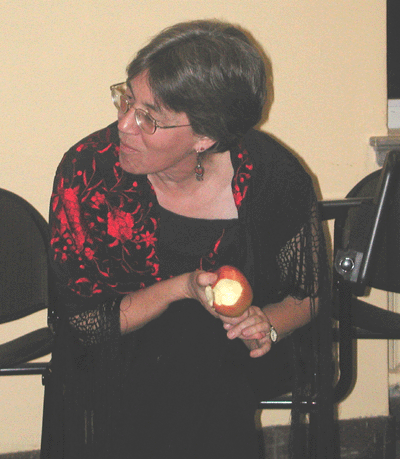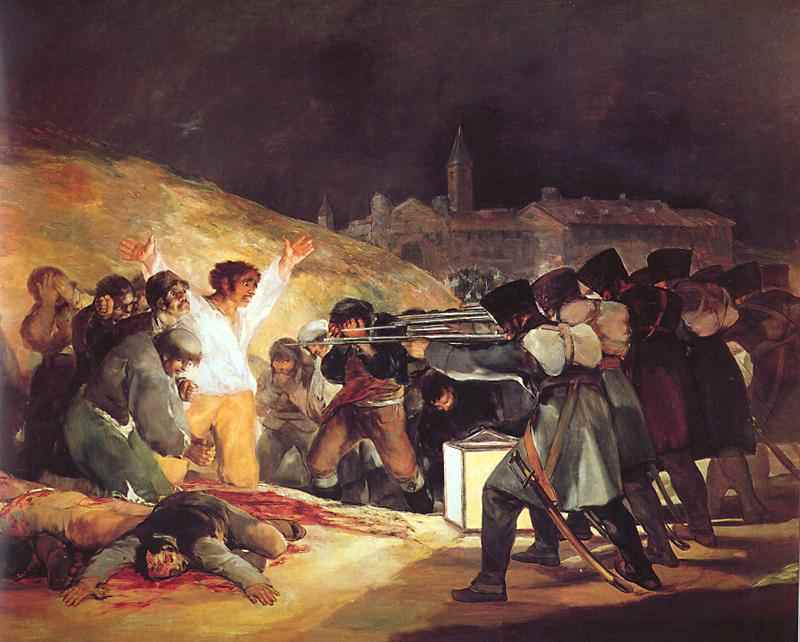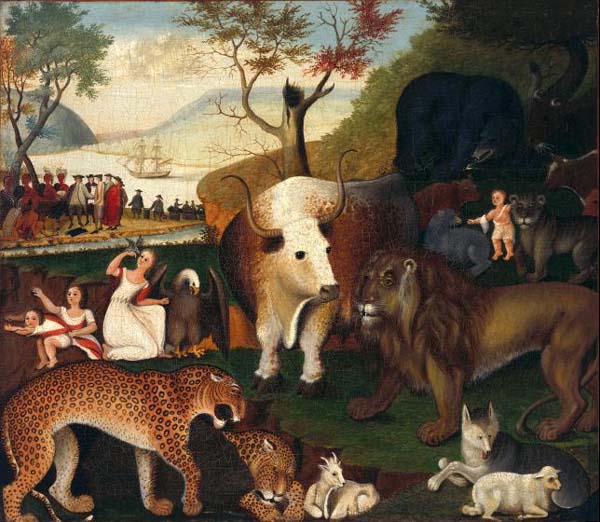Day 22: Jen and Anne Tell Their Feminist Stories of "Origin"

But first: Which Feminist Icon Do You Most Identify With?
Then: Jen
Next: the older generation...
Anne's Feminist Trajectory
From Snuggling (1950) and Pushing Off (1980)
 |
 |
















